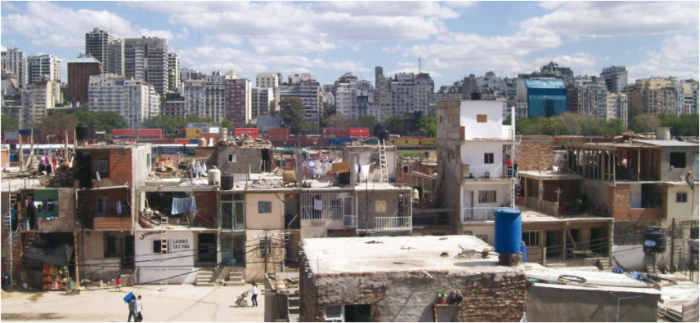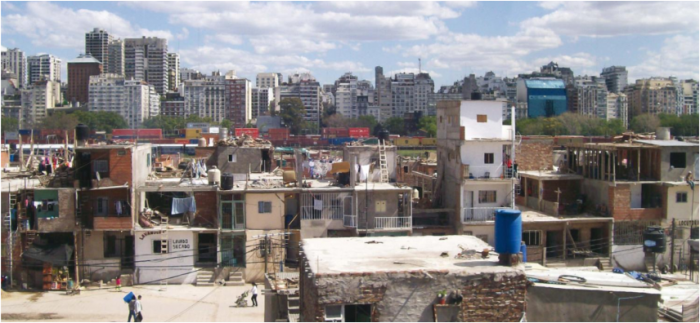SCE Dean William Morrish to particpate in Innovative Strategies to Transform Low Income Neighborhoods in Latin America: The Experience of Barrio 31, Buenos Aires

Design and Empowerment
Innovative Strategies to Transform Low Income Neighborhoods in Latin America:
The Experience of Barrio 31, Buenos Aires
by
Prof. Arch. Javier Fernández Castro
Director “Proyecto Barrio 31”
Instituto de la Espacialidad Humana, Facultad de Arquitectura, Diseño y Urbanismo, Universidad de Buenos Aires
Prof. Arch. Ariel Claudio Misuraca
General Secretary, Facultad de Arquitectura, Diseño y Urbanismo, Universidad de Buenos Aires
Co-Director “Proyecto Barrio 31”.
The successful experience of empowering the community for the transformation of one of the largest and well known shantytowns in Latin America, located in central Buenos Aires, provides new lessons about innovative urban design, inclusive participatory processes, and community management.
This case demonstrates effective public engagement by the University of Buenos Aires in addressing a major controversy of urban policy and social justice in Buenos Aires. After intensive debate, the proposed plan has recently been approved by the City Council.
The experience of Barrio 31 challenges traditional approaches and categories used in addressing urban informality in the metropolis, and suggests hypotheses to guide the design and management of projects to strengthen social and spatial inclusion.
Introduction
Margarita Gutman
Director of Programs, Observatory on Latin America
Presented by
José Luis Pérez Gabilondo
Consul General of Argentina in New York
Discussants
William Morrish
Dean School of Constructed Environment, Parsons The New School for Design
Miguel Robles-Duran
Assistant Professor School of Design Strategies, Parsons The New School for Design
Wednesday, April 25, 2012, 6:30pm
Hirshon Suite
55 W. 13 Street, 2nd Floor
Map of location
The event will be in Spanish and English, with simultaneous translation: Limited headsets available
Please RSVP by April 22 to ola@newschool.edu
This program is supported by the JULIEN J. STUDLEY FOUNDATION
